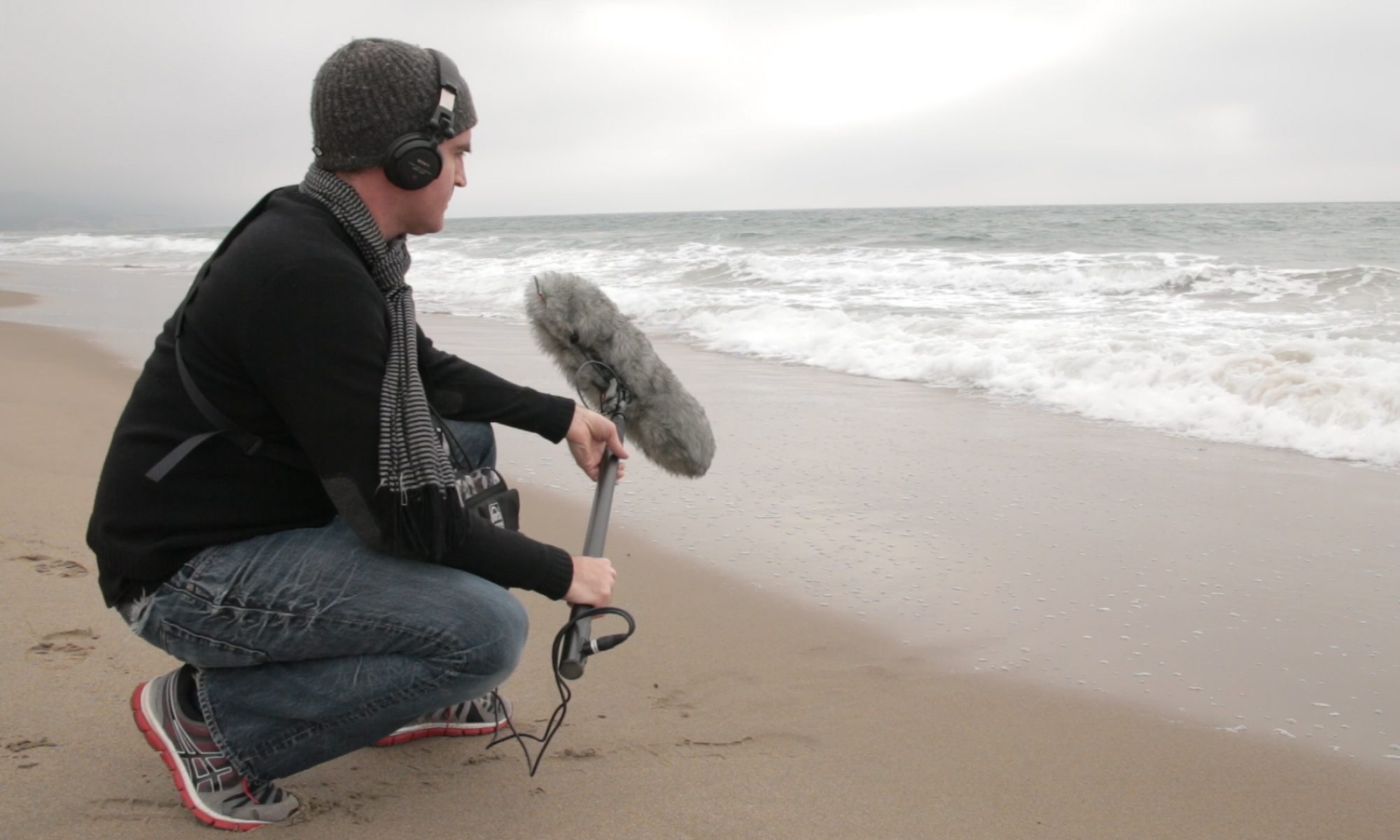I’ve been posting my music on SoundCloud for the past couple of years. It’s been an interesting experience, to say the least. I began by posting a bunch of old compositions that had been languishing on a hard drive for a very long time. Before long, I began to post new compositions at the precise moment that they were completed. These new pieces were the result of a new year’s resolution a few years back; I decided to join a pair of composition “clubs” that encouraged members to post new work every week. I even wrote a blog post about it way back at the beginning. You can check it out here.
Anyway, I’ve heard some rumors recently that SoundCloud isn’t doing very well financially, which got me thinking about the good and bad aspects of freely sharing music online. On the plus side, the ease with which new music can be published is pretty incredible. Sure, there’s no money at stake for most of us, so it should come as no big surprise that the process is easier than posting music with commercial services like iTunes. Regardless, the fact that I can finish a piece and post it within seconds is pretty cool. And the number of users is so massive that it isn’t difficult to find a community of like-minded individuals that enjoy listening to each other’s music. This is especially important for those of us who write in more obscure genres like electroacoustic and experimental music.
But I think there are some minuses as well. First, there’s a tendency to “like” things just out of obligation, which means that “likes” can be something of a popularity contest. If I want someone to “like” something of mine, the best tactic would appear to be to head over to their channel and “like” a bunch of their stuff. I don’t actually do this, but I get the sense that many people do. The other downside of SoundCloud is that the ease of sharing can result in a sort of “over sharing.” Traditionally, composers were reluctant to release unfinished music into the world because of the amount of work required to publish something, and also out of a fear of negative criticism. Now we have a situation where the work required to publish is reduced to almost nothing, and the culture of “like”-ing everything has removed any fear of negative criticism. As a realist, composers will post just about anything, no matter how simplistic or unfinished it may be. The thing is, I don’t actually care that people post rough work in principal, but I do have an issue with the fact that SO MUCH stuff is published every day. This is true just amongst the 100 or so people I follow. And when you add the stuff that those individuals are re-posting the signal-to-noise ratio can get pretty bad very quickly.
I frequently ask my colleagues and students how they feel about this kind of service. It’s no surprise to me that the more established composers in my social circle don’t find SoundCloud particularly appealing; perhaps they believe there is still some commercial value in retaining their work as a paid commodity? On the other hand, my students embrace these services whole-heartedly, which is almost certainly a result of their view of the music industry; they don’t believe that a music recording has inherent value, so in their minds it is best to just give it away as a type of publicity. I guess I’m in the latter camp as well, but primarily because I compose in a genre that is so removed from any form of commerce. As least it makes my decision to share my music an easy one.
I hope SoundCloud survives and continues to provide a valuable service to composers, regardless of their personal reasons for using the service. I’d hate to have to post my work to YouTube and have the experience of listening to my music bookended by cats flushing toilets. Although I do like cats.
